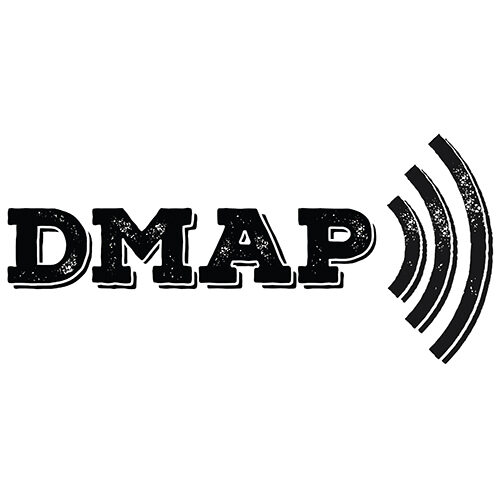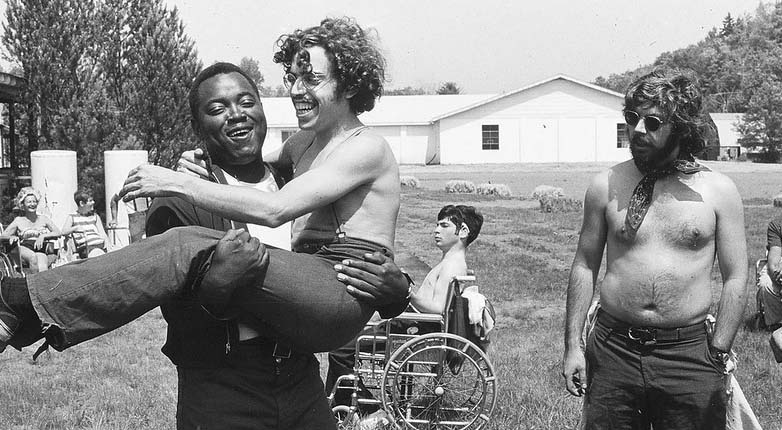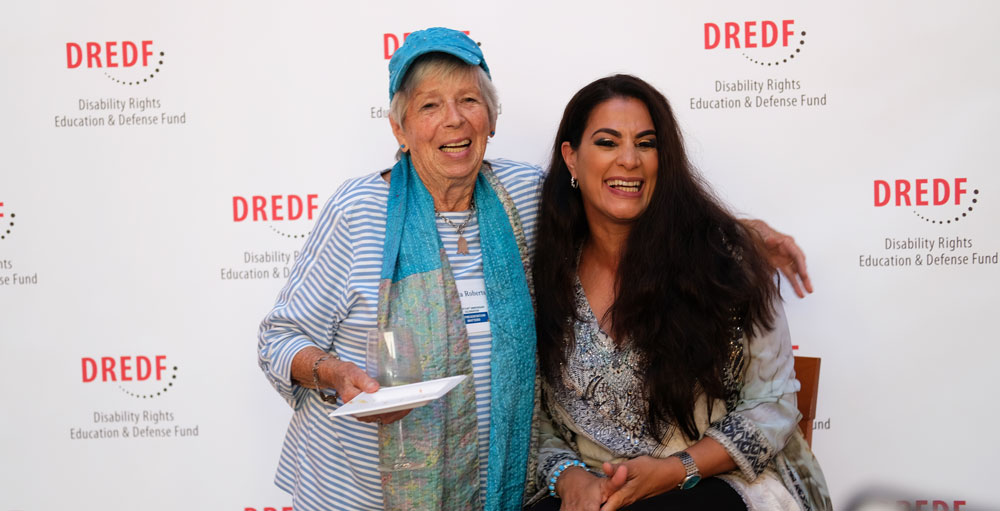As a black disabled woman, I went into the Crip Camp premiere with a lot of preconceived notions. As a journalist and critic, I know better than to do so, but as a disabled woman, that knowledge muddled a bit. Let me explain, I went to a press screening of Crip Camp during Sundance 2020 certain I’d leave having watched yet another film filled with inspiration porn, praise for the nondisabled people in the documentary, and a list of the dead disabled people to precede the credits.








 Zona Roberts and Maysoon
Zona Roberts and Maysoon